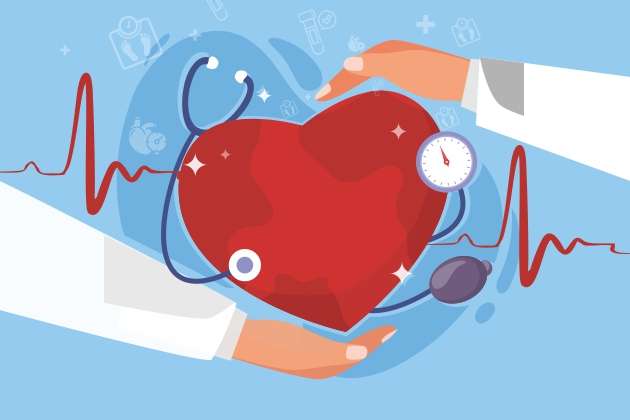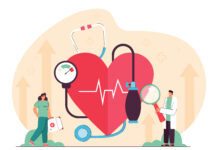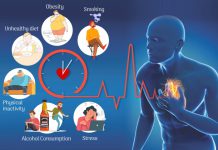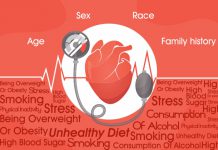

As you go through life, when fulfilling small never-ending demands, it’s easy to forget the big things – like having regular health checks – especially, when you’re feeling well and sometimes even when you’re not. Ask Lata.
Living in a remote village of Maharashtra, Lata had been having unusual pains for weeks between her shoulder blades and in her jaw. Despite having a family history of heart disease, she convinced herself that they were just signs of aging. When her husband called the doctor, he advised him to get her to the hospital as soon as possible. The hospital was a 45-minute drive by car. When they arrived she was told she had a heart attack and was put on medication.
Her story is not unique. Many people like Lata often ignore heart attack symptoms and invite their lives to get shockingly, perhaps catastrophically, altered by a heart attack or stroke. However, heart diseases are eminently avoidable provided we get to them first.
If you are 45 and over, or 30 if you have a family history of heart disease, whether or not you are feeling unwell, it’s important to see your doctor for a heart health checkup.
The heart is the key organ, responsible for pumping oxygenated blood to various organs. You cannot afford to take it for granted. Because, if you don’t listen to what your heart is saying, you could be developing the risk of various fatal heart conditions. Therefore, monitor your heart health as a routine to ensure good heart health. Your doctor may take the heart rate, check your weight, blood pressure, and ask you to get blood tests and a lipid profile done.
Your Heart Rate
The doctor will feel the pulse to check your heart rate and rhythm. This helps the doctor to judge the blood flow strength and blood pressure in different areas of your body. The doctor will use a stethoscope to hear your heart valves open and close.
Checking Your Blood Pressure
Blood pressure is measured in two ways:
- Systolic blood pressure (pressure in arteries when the heart squeezes)
- Diastolic blood pressure (pressure in arteries when the heart is relaxed, in between heartbeats)
Normal blood pressure (adult at rest) is less than 120 (systolic pressure) over less than 80 (diastolic pressure). High blood pressure (hypertension) is when the reading is 130/80 or higher. Consistent high blood pressure, over time, stiffens and narrows the artery walls, blocking the blow flow to the heart, leading to heart attack or heart disease.
Blood Tests
Your doctor may also ask you to get a blood test done to check the levels of potassium, sodium, albumin, and creatinine. Abnormal levels could mean issues with your kidneys and liver, which are possible signs of heart failure.
A blood test measures your cholesterol levels, including HDL “good” cholesterol and LDL “bad” cholesterol. This helps in diagnosing conditions such as anemia or thyroid disease that has the potential to affect your heart.
Take Action Now
Risk factors, such as age and family history of heart disease, can’t be changed. But, we can always do something at every stage of life to reduce our risk of heart disease. The message is clear: regularly monitor your heart health, be more physically active, and eat a healthy diet. These are important steps for your heart health.










